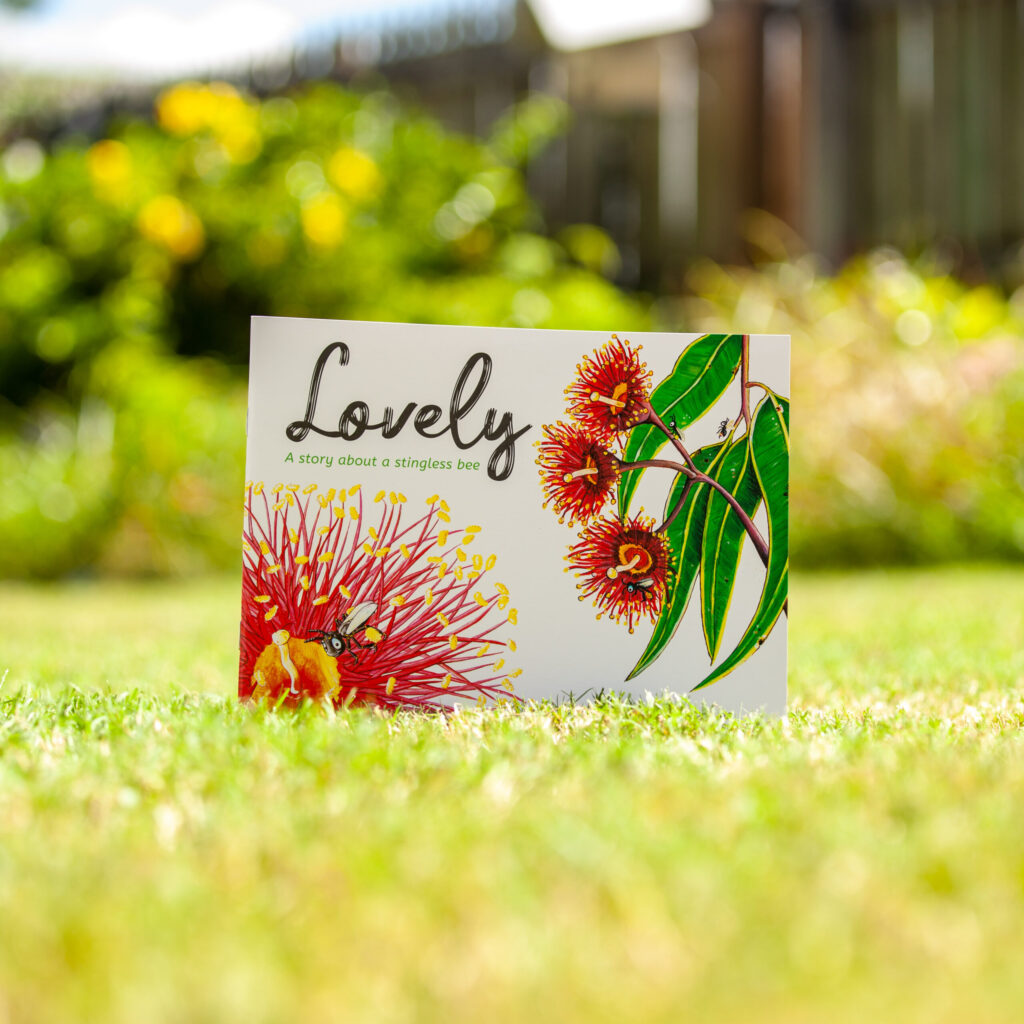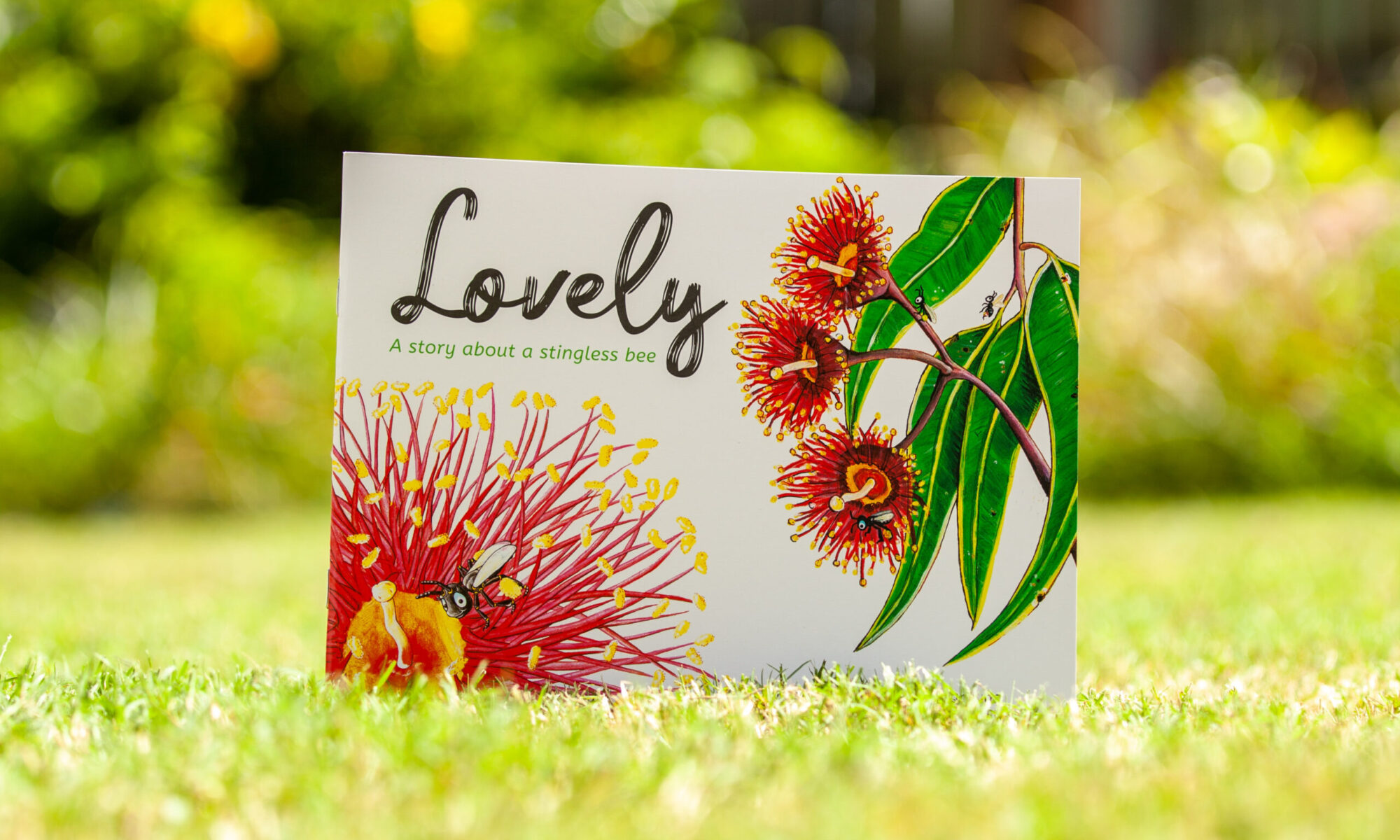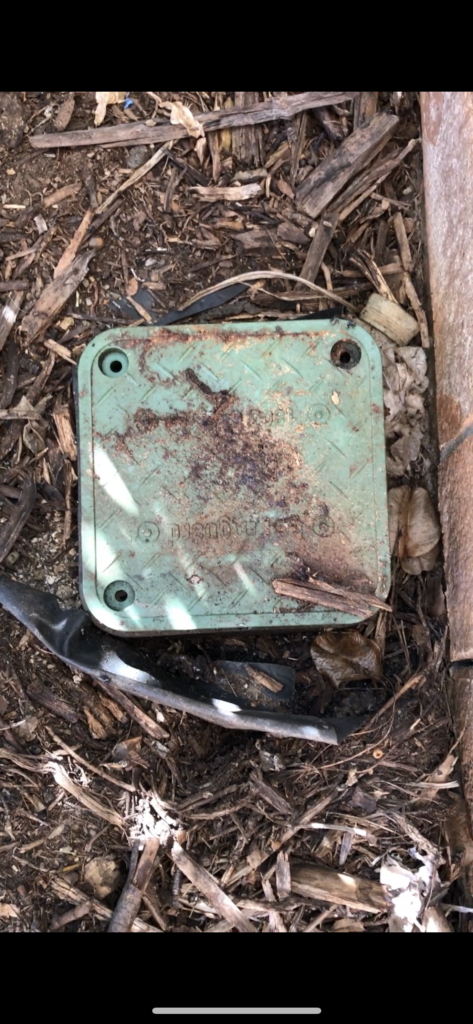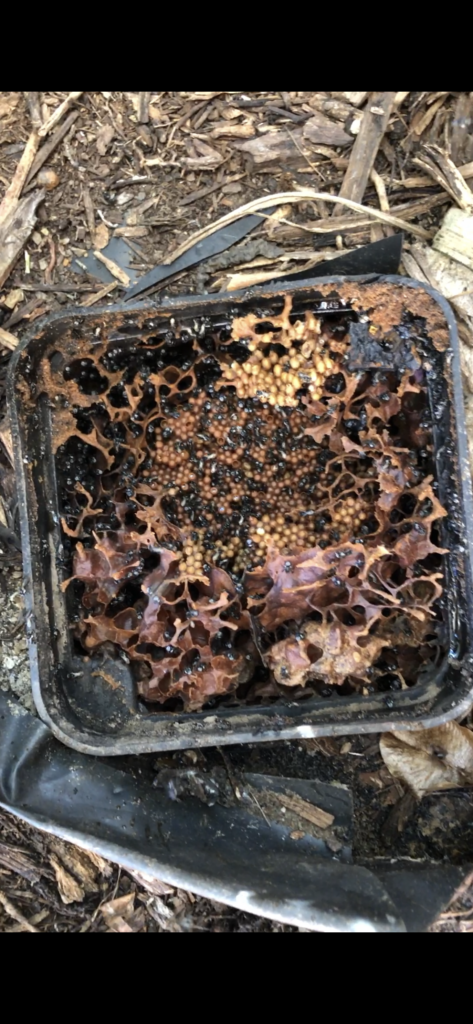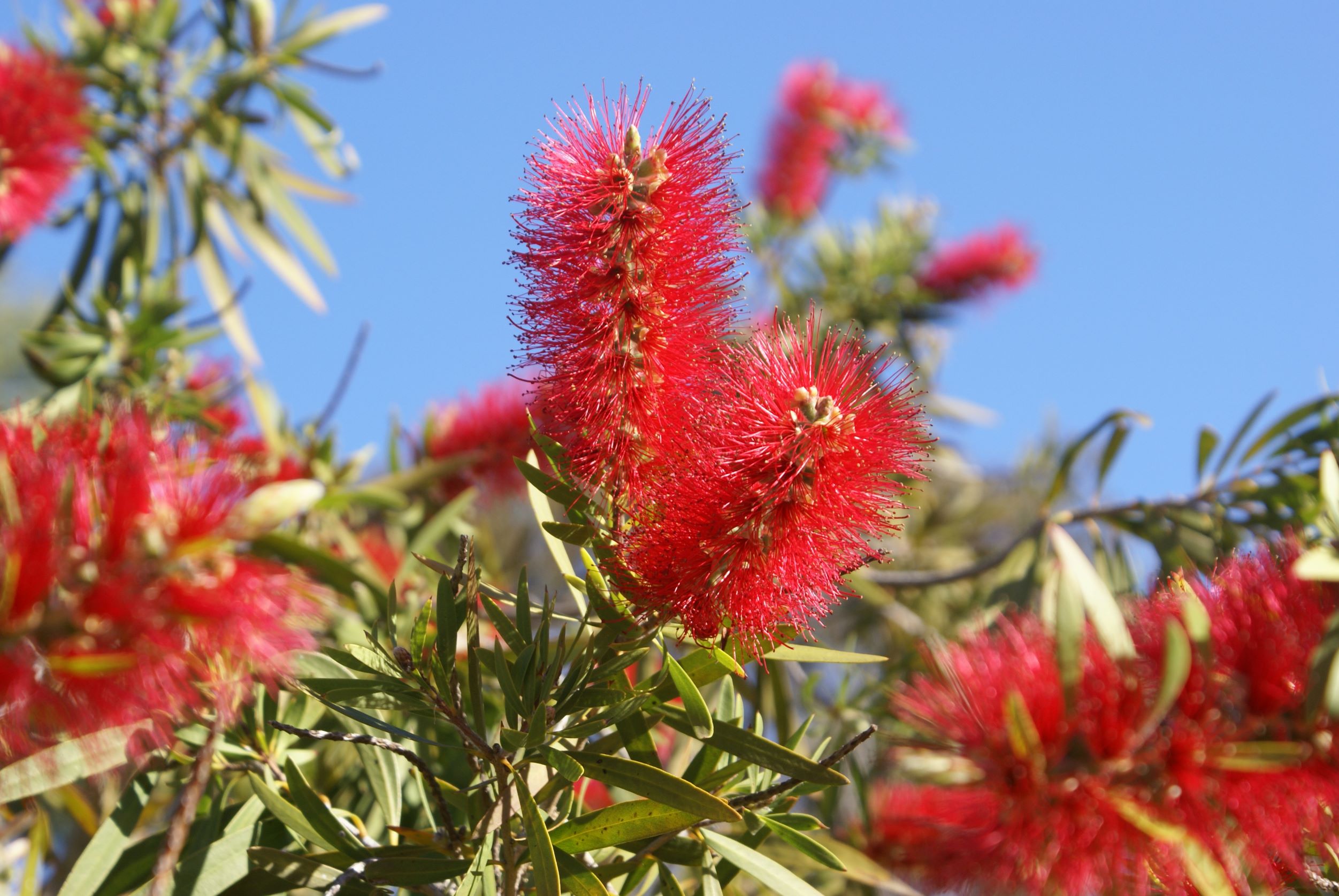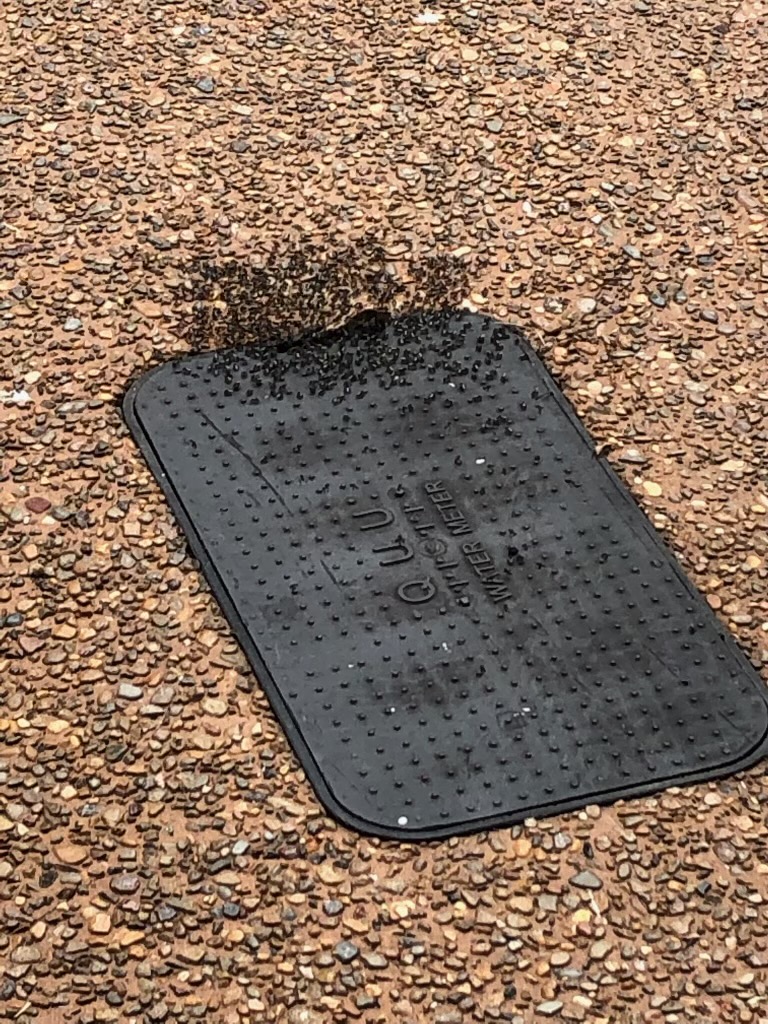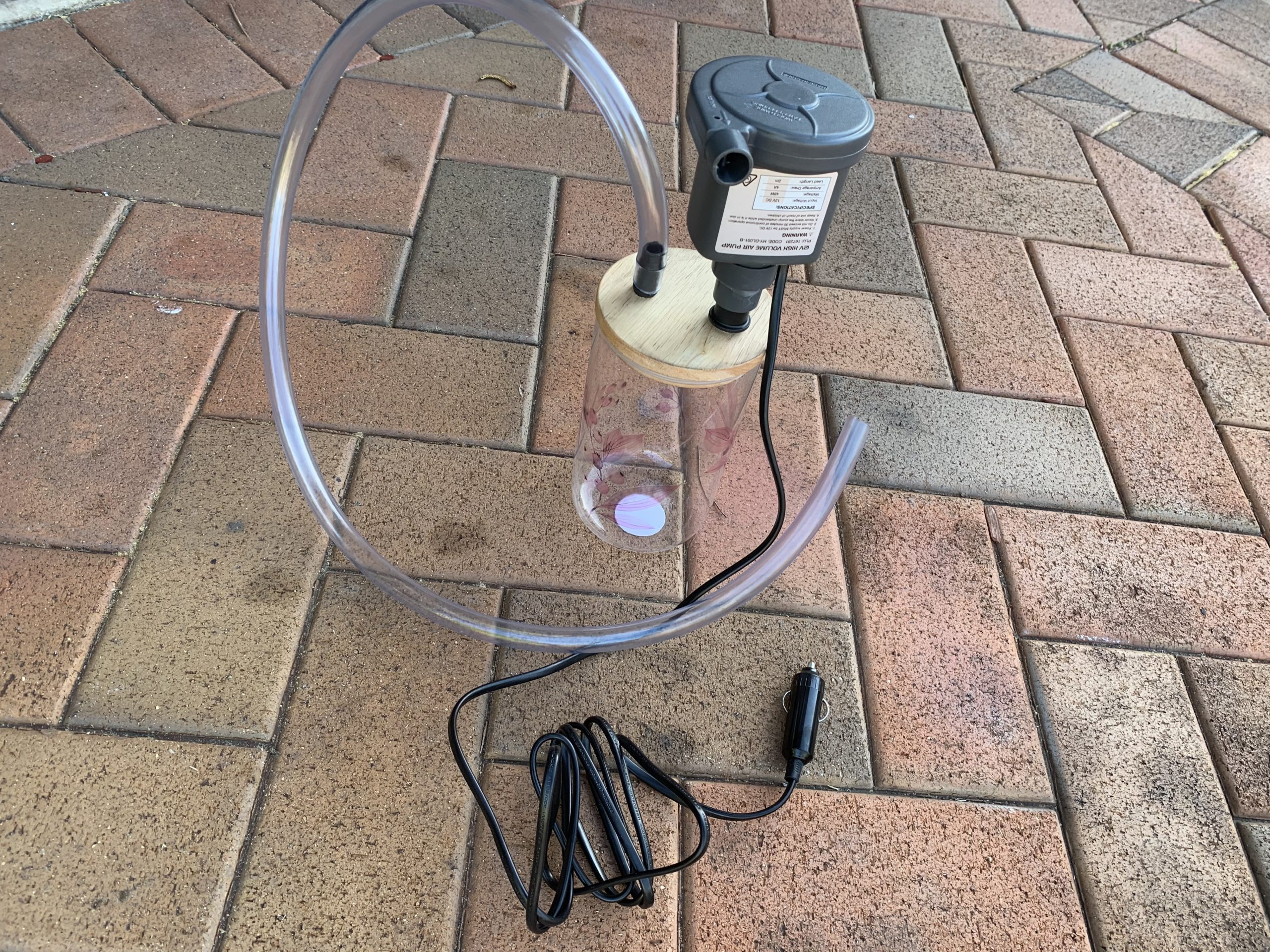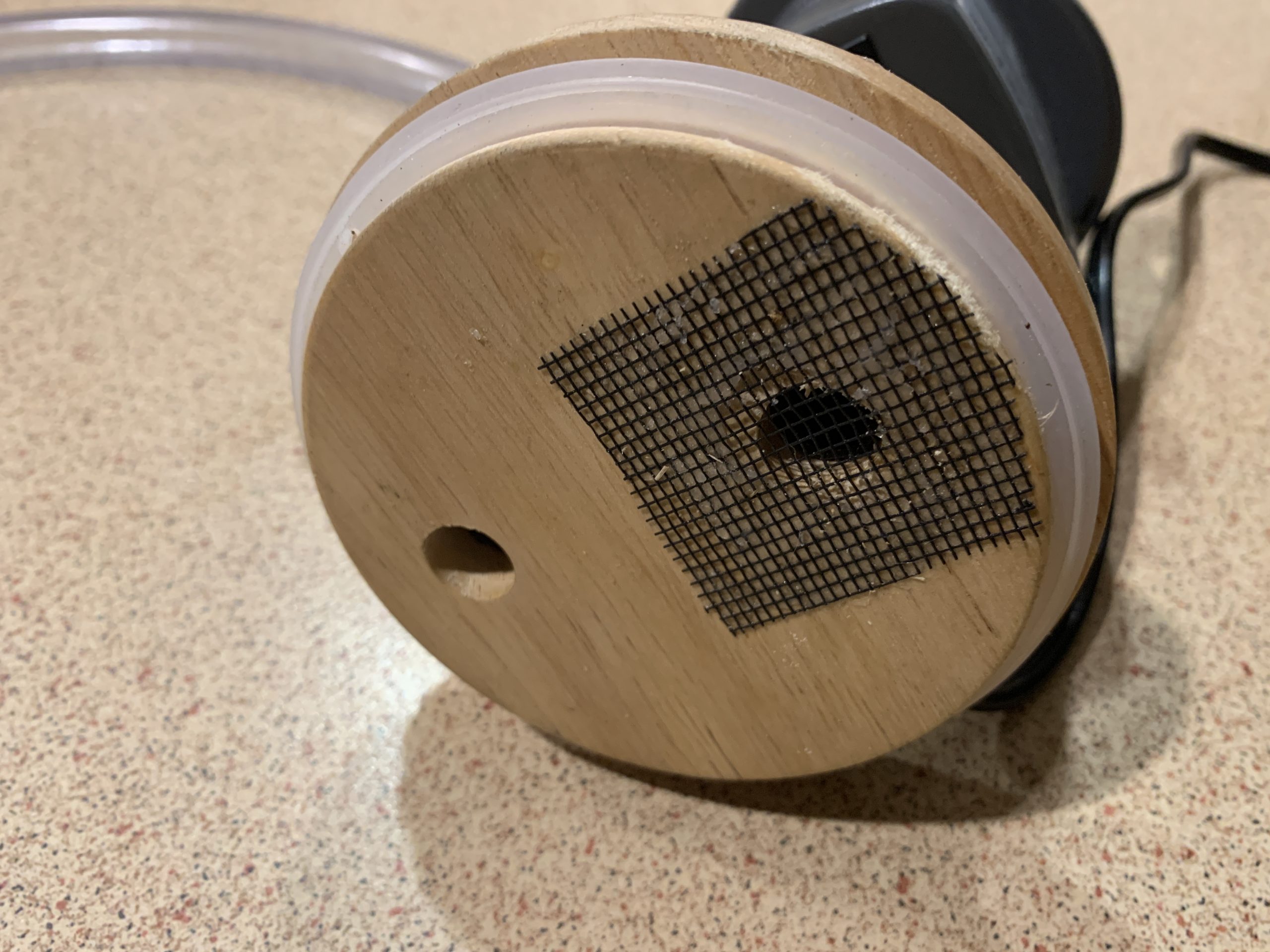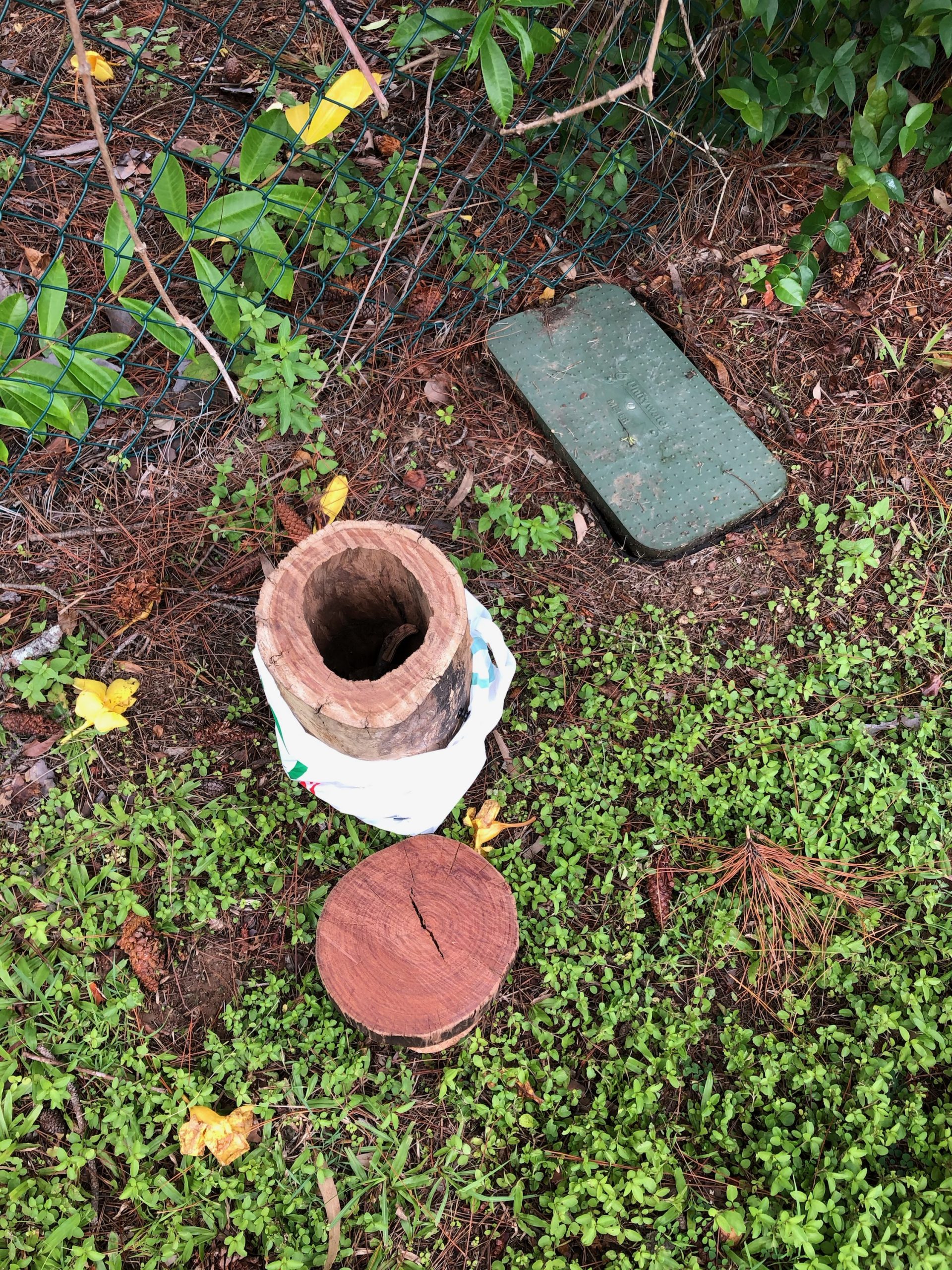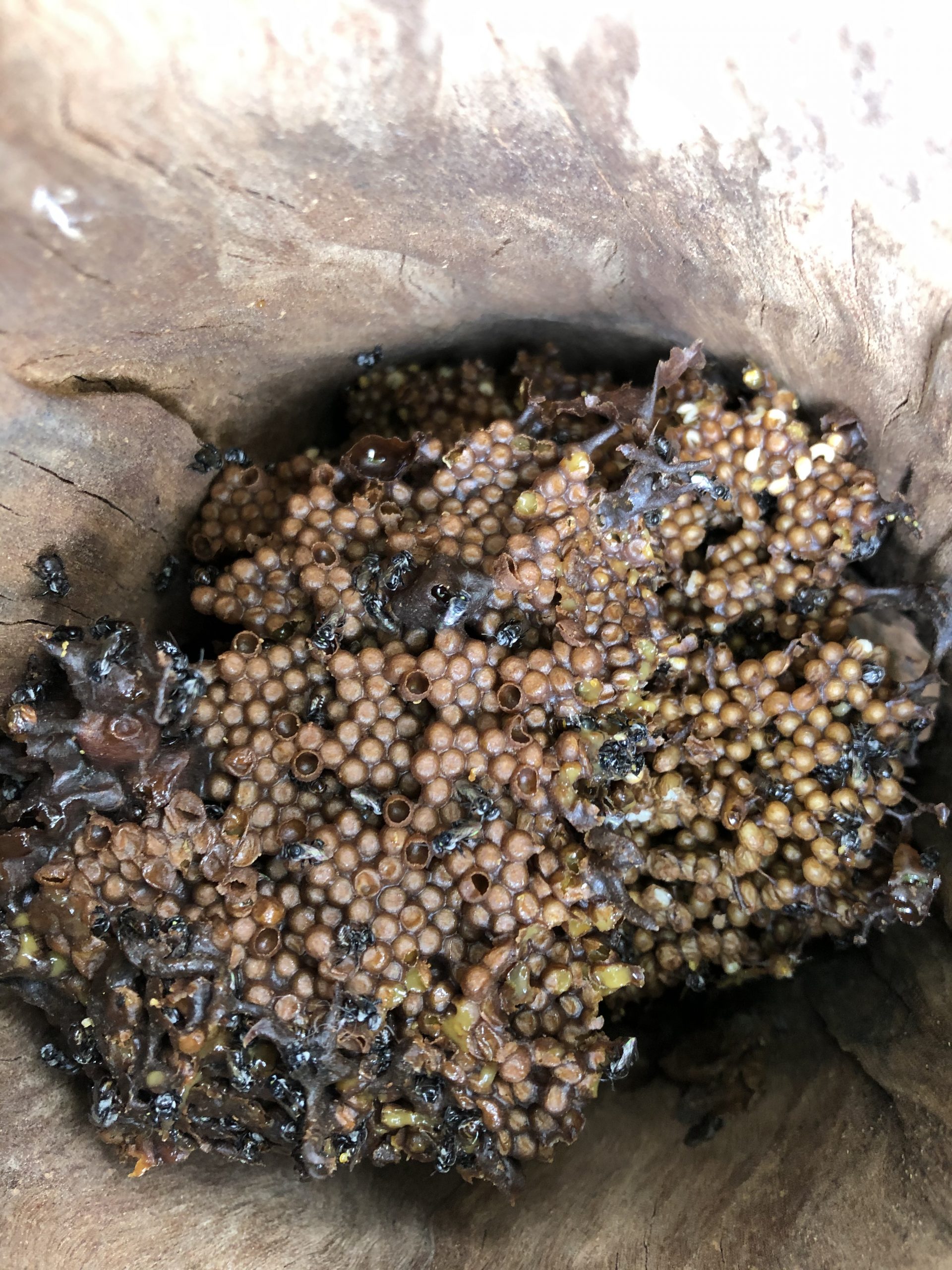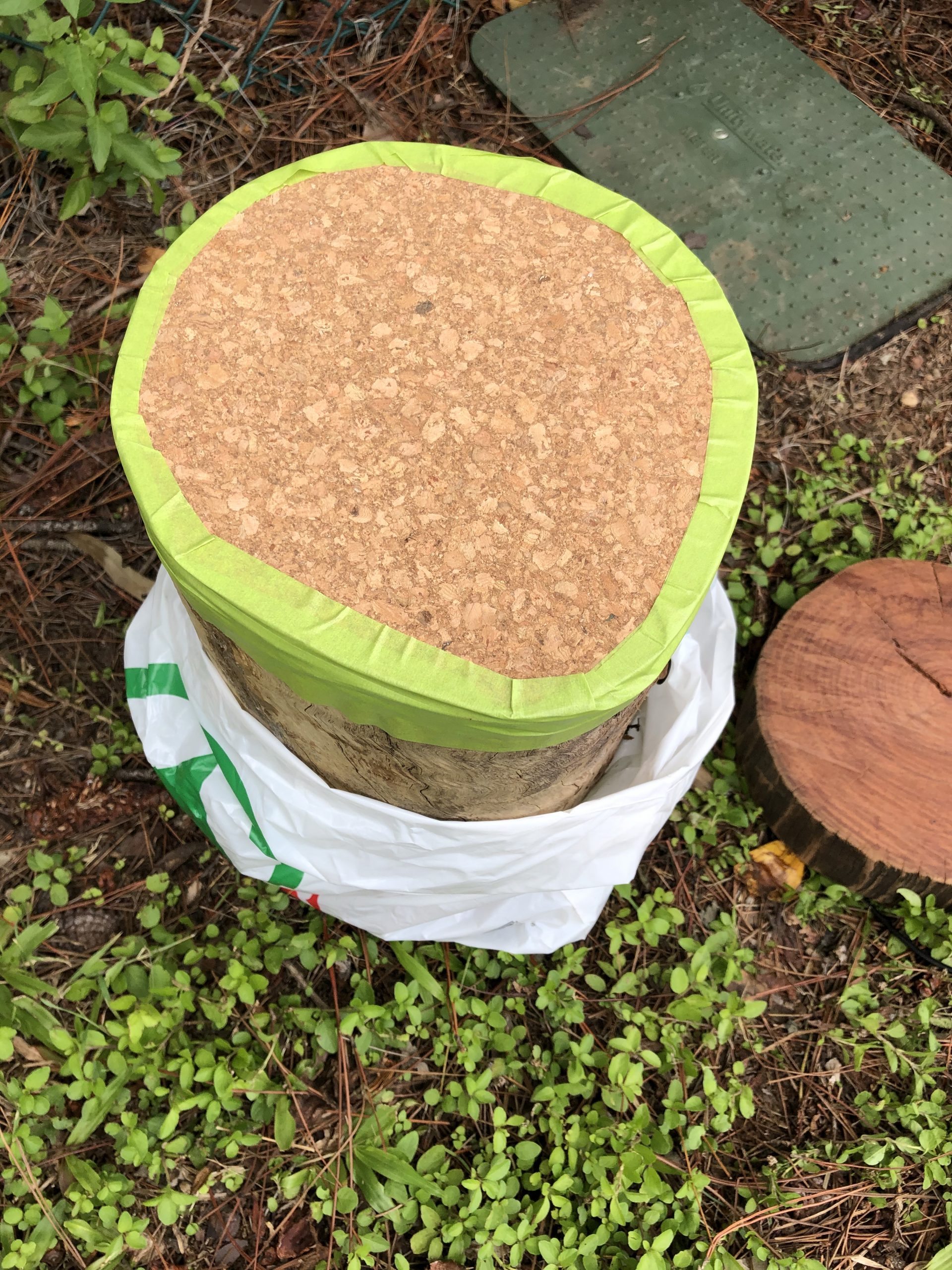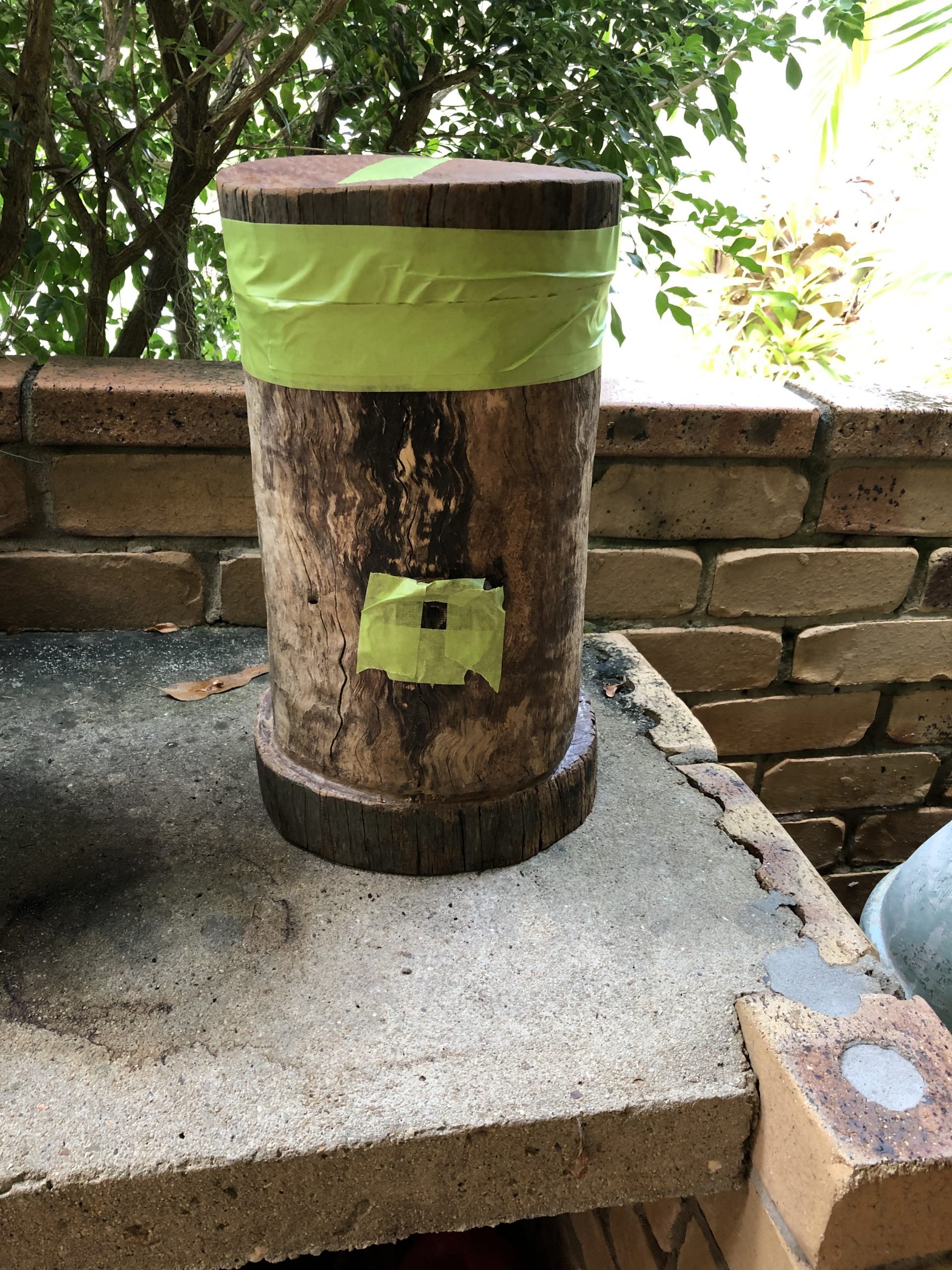Native Stingless bee children’s Book.
Follow the journey of Lovely and discover the wonders and workings of our Australian native bees.
Lovely…A Story About A Stingless Bee available to purchase at:
https://sydneystinglessbees.com.au/product/lovely-a-story-about-a-stingless-bee/
Melissa Ballantyne has been working with native bees only a relatively short time but her love and passion for the little bees has seen her create several native bee documentaries including one at Taronga Zoo in Sydney, Australia. When many Australians think of bees they think of the black and yellow striped variety. But there are other tiny warriors out there native to Australia. Now Melissa is on a mission to educate, inspire, excite and create awareness to the young and old about the importance and magic of Australian native bees.
Illustrator – Deanna Bresnehan Deanna is a freelance illustrator, with a number of published books and resources in Early Childhood Literacy. She has illustrated these beautiful Native Stingless Bee images using the mixed media of: pastels, watercolour, acrylic, and ink to capture the vivid colours, depth and detail.
